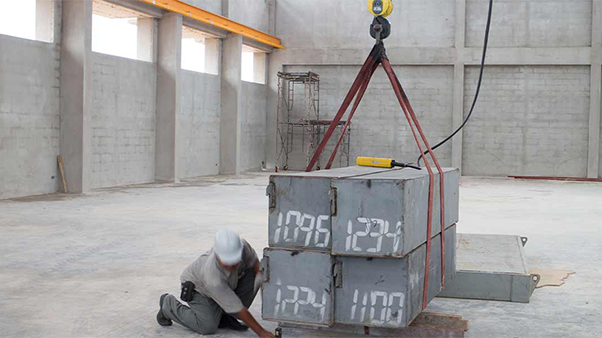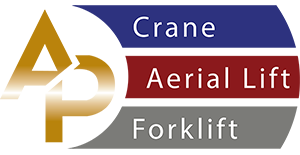


During load testing, cranes are intentionally subjected to excessive loads in order to assess their operational capabilities. It is imperative that the cranes are able to safely lift and move the loads under normal operating conditions. Typically, the crane lifting equipment is subjected to overload tests of up to 125% to ensure compliance with OSHA standards. Daily inspections are conducted to scrutinize hoist chains, wire ropes, and locks, while comprehensive or rigorous load tests should be conducted semi-annually or periodically.
To ensure the safety and productivity of your operators and workplace, it is crucial to stay updated on the latest practices regarding crane load management and ensure that your crane equipment is in optimal working condition. This section provides valuable insights into the essential pre-service operational inspection and load testing procedures that are required.
These protocols are standard parts of Crane maintenance and training programs:
All newly installed or modified overhead cranes must undergo a thorough inspection and testing to verify the proper functioning of the following essential features:
Gain expert skills at our renowned crane operator school for a successful career in construction.
Rated load testing
Load testing should not exceed 125 percent of the rated load unless specifically recommended by the manufacturer. When it comes to workplace safety, it is crucial not to overlook any aspect of the equipment inspection and support process, including thorough testing of equipment prior to its operational use.
The trip function of the hoist limit control needs to be thoroughly tested by gradually increasing the speed of an empty hook up to the maximum speed limit. The control device responsible for activating the limiter should be positioned in a manner that ensures the switch is triggered under all circumstances, allowing enough time to prevent any contact between the hook or hook block and the trolley components.
Enroll in top-notch NCCCO Crane Operator Training for industry-leading expertise.

An All Purpose Safety Training Solutions Company